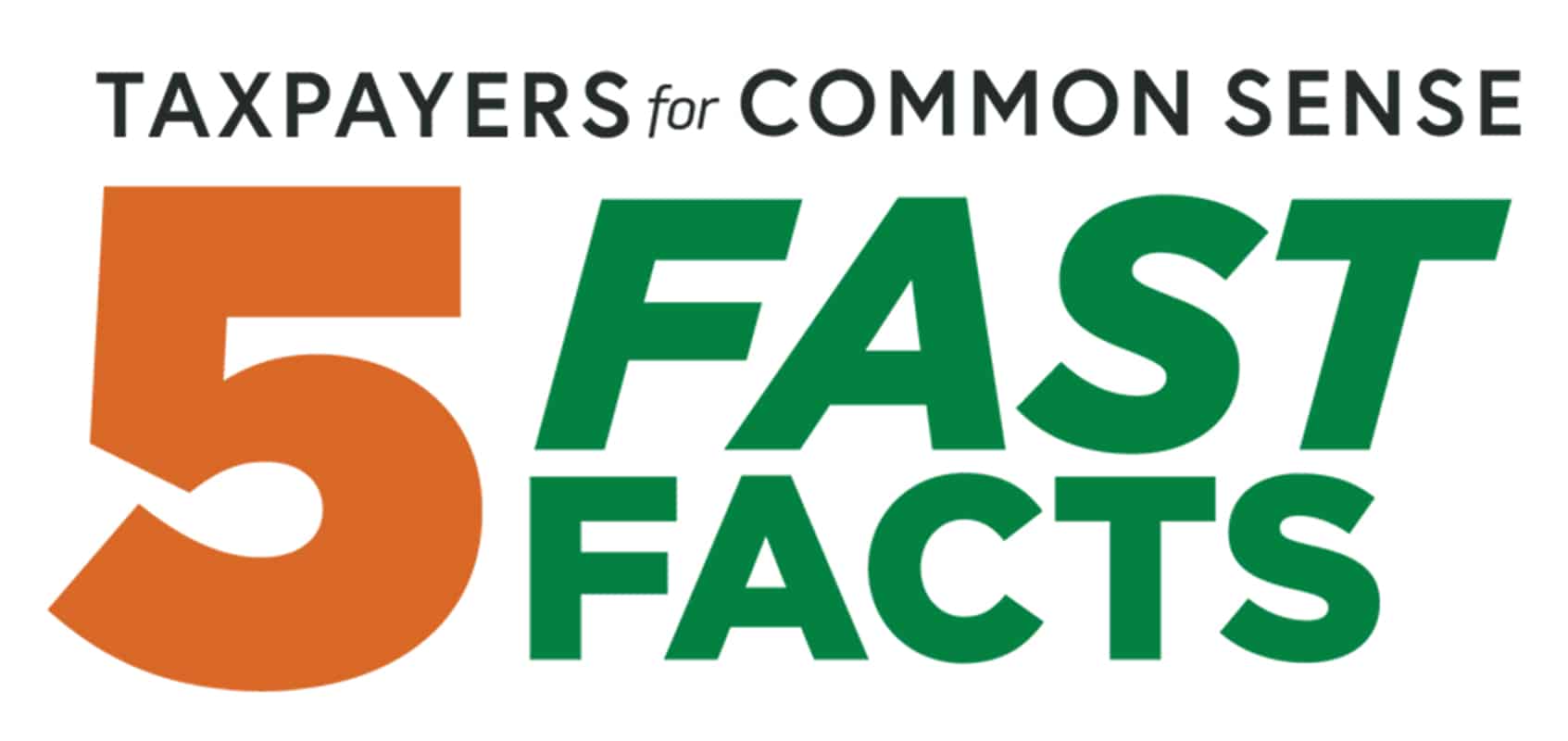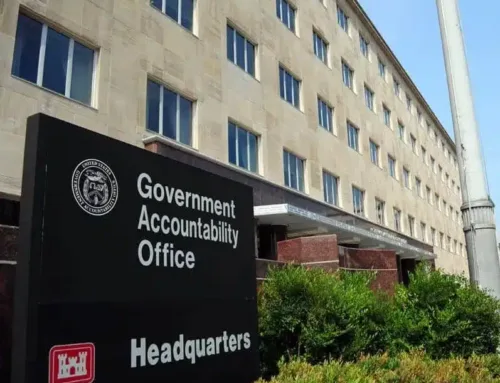
ABOUT
Government Purchasing and Climate Impacts and Risks
1. Climate change poses a significant threat to national security and a growing cost to taxpayers.
In an October 2021 report, the Pentagon declared that “Climate change is reshaping the geostrategic, operational, and tactical environments with significant implications for U.S. national security and defense” and that it “will consider the effects of climate change at every level of the DoD enterprise.” Defense Secretary Lloyd Austin and former Secretaries of Defense James Mattis, Mark Esper, Ash Carter, and others have also warned about the impacts of climate change on national security and Pentagon operations. In a June 2023 report, “Paying the Price of Climate Change,” Taxpayers for Common Sense detailed the growing cost of climate change to taxpayers. For instance, the Pentagon manages $1.2 trillion worth of real estate worldwide, including more than 1,700 coastal installations at risk from sea level rise.
2. The federal government buys $700 billion in goods and services each year.
The Federal Acquisition Regulation (FAR) regulates the annual purchase of nearly $700 billion in goods and services. The FAR Council, which representatives lead from the Pentagon, the General Services Administration (GSA), and the National Aeronautics and Space Administration (NASA), monitors the implementation of the FAR and is empowered to make changes to the FAR.
3. The Pentagon can leverage its buying power to defend national security and taxpayer interests to reduce climate liabilities.
With an annual budget of $816 billion and rising, the Pentagon can leverage its buying power with contractors to significantly mitigate greenhouse gas emissions and risks to supply lines, bases, and operations posed by climate change. By leveraging this buying power through changes in procurement policies, the Pentagon can incentivize companies to reduce emissions at a relatively low cost to taxpayers while reducing future costs of climate change to taxpayers.
4. A new rule would require the largest federal contractors to disclose emissions and report on climate risks.
An executive order instructed the FAR Council to consider amending the FAR to “require major Federal suppliers to disclose greenhouse gas emissions and climate-related financial risk publicly and to set science-based reduction targets…” In response, the Federal Acquisition Regulation (FAR) Council –proposed the Federal Supplier Climate Risk and Resilience Rule, which would require some of the largest Pentagon contractors to report on greenhouse gas (GHG) emissions publicly, assess climate risks to their supply chains and operations, and commit to science-based targets to reduce emissions and climate change risks. Taxpayers for Common Sense submitted comments outlining our support for this proposed rule in February 2023 and explaining its benefits for taxpayers, from improving the public’s understanding of the economic impacts of climate change to reducing those costs to taxpayers in the long run.
5. The rule would apply to a tiny fraction of federal contractors responsible for more than 85 percent of greenhouse gas emissions.
Under the Proposed Rule, only 1.2 percent of all contractors registered with the System for Award Management would have any reporting requirement. These contractors are responsible for 86 percent of federal supply chain GHG impacts. Contractors receiving $7.5 million to $50 million in federal (significant) contracts must report Scope 1 and 2 GHG emissions. In contrast, those receiving over $50 million (“major”) must report Scope 1, 2, and 3 GHG emissions, provide an annual climate disclosure report, and establish science-based emissions reduction targets. Scope 1 emissions arise from company-owned or controlled sources; Scope 2 from external entities generating electricity, heating, cooling, or steam consumed by the company; and Scope 3 from operations indirectly related to the company. There are 1,353 “major” and 4,413 “significant” contractors. Currently, only 31% of “major” and 10% of “significant” contractors disclose their GHG emissions through this system.











Get Social